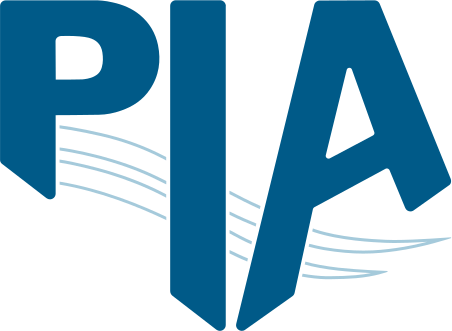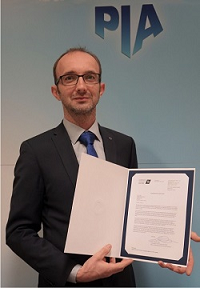Ein Urteil des Europäischen Gerichtshofes (EuGH) bewirkt für Deutschland eine komplette rechtliche Neustrukturierung der Zulassung in diesem Jahr.
Seit dem EuGH-Urteil vom 16. Oktober 2014 (Az. C-100/13) gegen Deutschland geht die Umsetzung nur langsam voran. Alle notwendigen Änderungen an den Gesetzen und Regelwerken auf Bundes- und Landesebene sollen bis Oktober diesen Jahres, zwei Jahre nach der Urteilsverkündung des EuGH, umgesetzt sein.
Der Urteilsspruch basiert auf drei konkreten Bauprodukten nach der mittlerweile veralteten Bauproduktenrichtlinie. Dennoch ist dieser sinngemäß auf alle harmonisierten d. h. CE-gekennzeichneten Bauprodukte zu übertragen, die nach der nun gültigen Bauproduktenverordnung 305/2011 in ganz Europa handelbar sind. Die Hersteller kennzeichnen selber in Eigenverantwortung ihre Produkte – ein System, welches für den freien Warenverkehr in Europa geschaffen wurde - sobald er die nach den harmonisierten Normen relevanten Prüfungen für sein Produkt durchgeführt hat.
Die im Urteil als unzulässig beurteilten deutschen Regelungen welche der europäischen Idee des freien Warenverkehrs entgegenstehen, müssen nun geändert werden.
Urteilsbegründung
In der Urteilsbegründung des EUGH heißt es sinngemäß, dass Bauprodukte welche nach den europäisch harmonisierten Normen geprüft wurden, ohne weitere nationale Anforderungen (wie z. T. in den allgemeinen bauaufsichtlichen Zulassungen des DIBt) gehandelt und verwendet werden dürfen. Um den Verwendungszweck darzustellen ist für das Bauprodukt Kleinkläranlage eine Leistungserklärung gefordert, die die Hersteller auf Basis der Prüfergebnisse ausstellen.
Wenn in Deutschland weiterführende Anforderungen an das Produkt bestehen, müssen diese in die europäische Normungsarbeit eingebracht werden, anstatt diese in DIBt-Zulassungen oder anderen Regelwerken zu regeln.
Erst durch die Zustimmung des zuständigen deutschen Ministeriums, dass dieses Urteil vollumfänglich anerkannt wird, bekam dieses Urteil vor allem für abwassertechnische Produkte wie Kleinkläranlagen und Abscheider besondere Brisanz.
Das Bundesministerium für Umwelt, Naturschutz, Bau und Reaktorsicherheit formulierte das Ziel, die Einhaltefiktion bei gleichbleibendem Niveau der dezentralen Abwasserbehandlung aufrecht zu erhalten. Hierzu soll die Abwasserverordnung (AbwV) geändert werden. Sie wird sich nicht mehr auf eine allgemeine bauaufsichtliche Zulassung (AbZ) beziehen sondern auf eine wasserrechtliche Eignung. Diese wasserrechtliche Eignung soll durch eine zentrale Bewertungsstelle nach einer neuen technischen Regel erfolgen. Leider ist weder die technische Regel abschließend bearbeitet, noch ist klar wo die zentrale Bewertungsstelle angesiedelt werden soll.
Nach Beschluss der LAWA-Vollversammlung im vergangenen März sollen Gespräche mit dem DIBt geführt werden, um zu klären, ob es diese Aufgabe wieder übernehmen wird.


